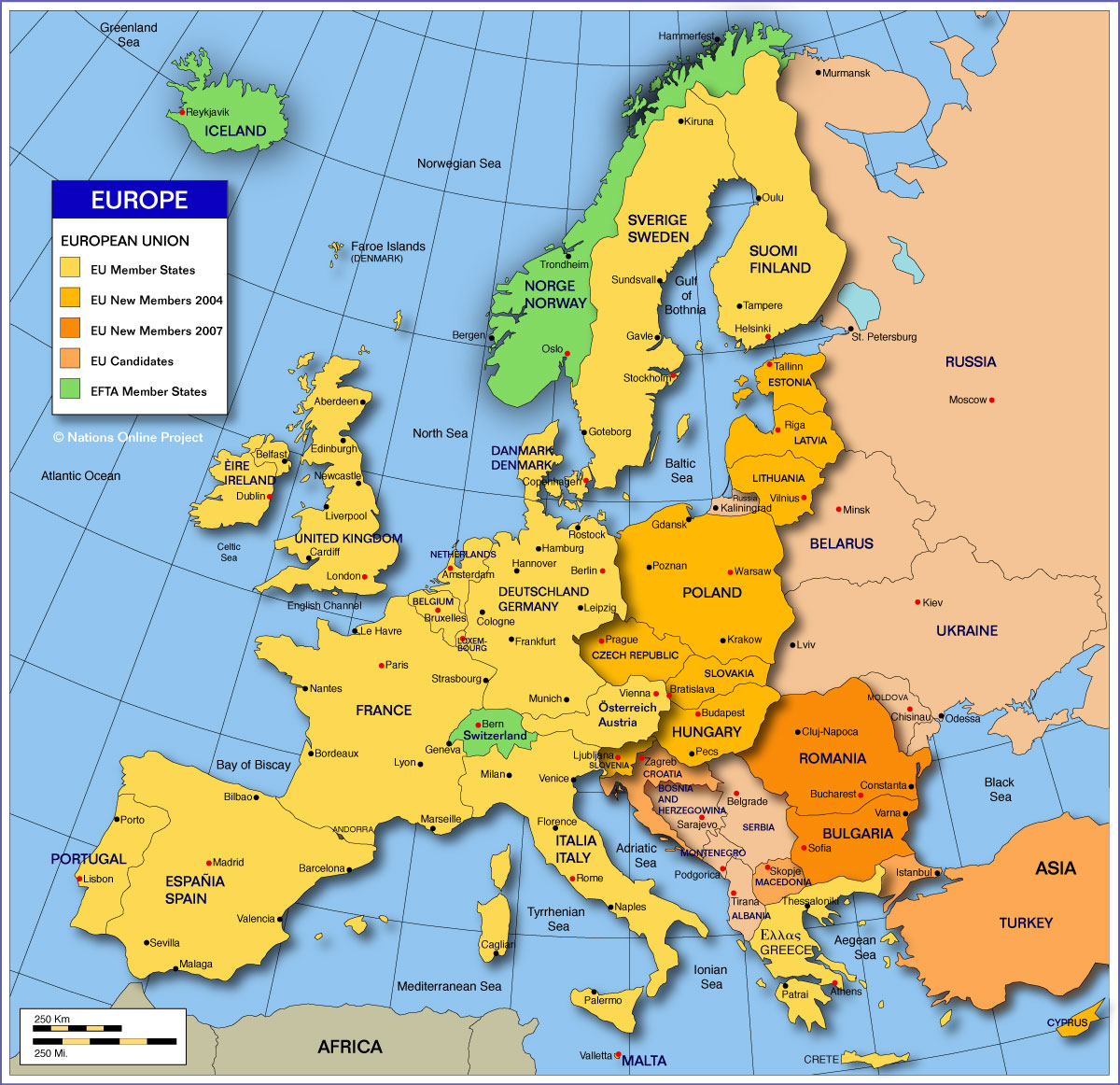 The eurozone has created a larger European Financial Stability Facility (EFSF), which will be set at more than 1 trillion euros. This will allow for a new bailout of Greece. The southern European nation will get 30 billion euros on top of the 100 billion it has already borrowed.
The eurozone has created a larger European Financial Stability Facility (EFSF), which will be set at more than 1 trillion euros. This will allow for a new bailout of Greece. The southern European nation will get 30 billion euros on top of the 100 billion it has already borrowed.
Now Greece must prove it deserves the new funds, which means it will have to continue to cut costs as its GDP drops. It also will have to keep its streets clear of tens of thousands of protestors who leave their jobs each time they strike. It is a formidable set of challenges, which Greece has not been able to address in the past.
One goal of the newly funded EFSF is to prevent contagion. It is large enough, probably, to keep capital market investors in Italy, Portugal and Spain from the kind of panic that forced Greek borrowing costs to unsustainable levels. The debt of these nations will be backstopped by the 1 trillion euro facility. Each of these countries may have stagnant economies, but if they can bring down government expenditures, the theory is that their national deficits will shrink and their debt loads will become financially reasonable.
Greece has a problem that is more severe than those of its neighbors. Its GDP currently falls at 5% or more, based on data collected by the EU and IMF. The goal of the new bailout is to get Greece’s debt to GDP ratio to 120% by 2020. Greece cannot cut its expenses enough to reach that goal. It has already gutted many government programs and begun to sell precious assets. There is a limit to its ability to continue these actions.
There is a great deal of skepticism about whether austerity hurts GDP growth. Greece faces years of falling GDP if the skeptics are right. It also likely faces years of labor unrest as more and more its citizens have reductions in their wages and standards of living. Each strike costs the Greek economy something as a portion of it is shut down.
The success of the new bailout will not depend on its amount. It now depends on whether Greece can get its financial house in order. That will not happen, if the past is any indication.
Douglas A. McIntyre
Want to Retire Early? Start Here (Sponsor)
Want retirement to come a few years earlier than you’d planned? Or are you ready to retire now, but want an extra set of eyes on your finances?
Now you can speak with up to 3 financial experts in your area for FREE. By simply clicking here you can begin to match with financial professionals who can help you build your plan to retire early. And the best part? The first conversation with them is free.
Click here to match with up to 3 financial pros who would be excited to help you make financial decisions.
Thank you for reading! Have some feedback for us?
Contact the 24/7 Wall St. editorial team.



